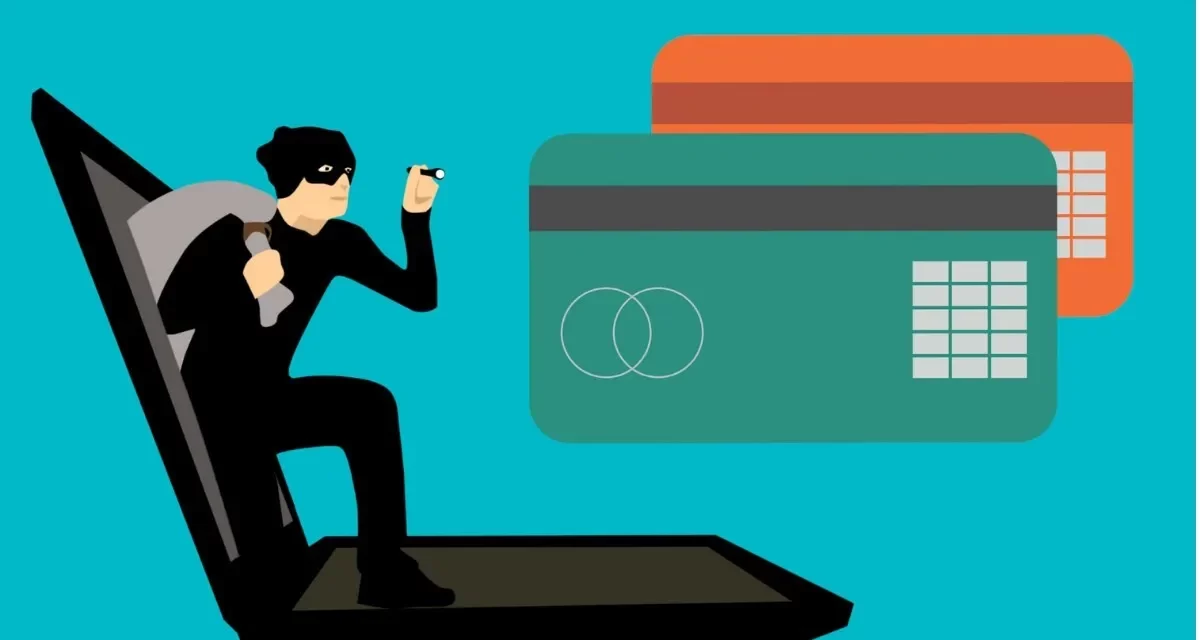The internet has opened up numerous opportunities for legitimate online businesses. However, it has also become a breeding ground for scams that can deceive even the most cautious individuals.
Here are the top 10 online business scams to be aware of:
1. Phishing Scams
Phishing scams involve scammers sending emails or messages that appear to be from legitimate companies. These messages typically ask for personal information, such as passwords, credit card numbers, or Social Security numbers. Always verify the sender’s email address and never click on suspicious links.
2. Ponzi Schemes
Ponzi schemes promise high returns with little risk. They use the funds from new investors to pay off earlier investors, creating the illusion of profitability. Eventually, the scheme collapses when there aren’t enough new investors. Be wary of investment opportunities that sound too good to be true.
3. Fake E-commerce Sites
These sites look like legitimate online stores but are set up to steal your money and personal information. They often offer high-demand products at low prices. Check for reviews, verify contact information, and ensure the site uses HTTPS before making a purchase.
4. Work-From-Home Scams
Scammers prey on people looking for remote jobs by offering high-paying positions that require an upfront fee for training or materials. Legitimate employers do not ask for payment from job applicants. Research the company and job offer thoroughly.
5. Pyramid Schemes
Similar to Ponzi schemes, pyramid schemes require you to recruit others to join the program and earn commissions from their investments. These schemes are unsustainable and illegal. Always be cautious of business models that prioritize recruitment over product sales.
6. Fake Online Reviews
Some businesses pay for fake reviews to boost their online reputation. Conversely, competitors may post negative reviews to harm a business. Be skeptical of reviews that are overly positive or negative, and use multiple sources to verify the legitimacy of a company.
7. Credit Card Skimming
Scammers use fake websites or hack legitimate websites to steal credit card information. Ensure that the sites you enter your credit card information into are secure (look for HTTPS) and use reputable payment gateways.
8. Investment Scams
These scams promise lucrative returns with minimal risk, often involving cryptocurrencies or foreign exchange trading. They lure investors with glossy brochures and professional-looking websites. Always research and verify any investment opportunity with credible financial advisors.
9. Drop Shipping Scams
While drop shipping is a legitimate business model, some scammers set up drop shipping businesses to take money without delivering products. They might use stolen product images and fake reviews. Verify suppliers and check for reviews before committing to a drop shipping business.
10. Fake Tech Support
Scammers pose as tech support representatives from reputable companies and claim that your computer has a virus. They ask for remote access to your device and then steal personal information or install malware. Legitimate tech companies do not make unsolicited calls or requests for access.
How to Protect Yourself?
1. Use Strong, Unique Passwords
- Create Strong Passwords: Use a combination of upper and lower case letters, numbers, and special characters. Avoid using easily guessable information like birthdays or common words.
- Unique Passwords: Don’t reuse passwords across multiple sites. Use a different password for each of your online accounts.
2. Enable Two-Factor Authentication (2FA)
- Extra Layer of Security: 2FA requires not only your password but also a second form of verification, such as a code sent to your phone or an app.
- Enable 2FA: Turn on 2FA for your most important accounts, such as email, banking, and social media.
3. Be Cautious with Personal Information
- Limit Sharing: Avoid sharing sensitive personal information online, especially on social media.
- Privacy Settings: Adjust your privacy settings on social media and other platforms to control who can see your information.
4. Keep Software Updated
- Regular Updates: Ensure your operating system, browser, and all applications are up to date. Updates often include security patches.
- Automatic Updates: Enable automatic updates whenever possible to keep your software current.
5. Use Antivirus and Anti-Malware Software
- Install Security Software: Use reputable antivirus and anti-malware programs to protect your devices.
- Regular Scans: Schedule regular scans to detect and remove threats.
6. Be Wary of Phishing Scams
- Suspicious Emails: Don’t open emails or attachments from unknown senders. Be cautious of emails that ask for personal information or urgent action.
- Verify Links: Hover over links to see the actual URL before clicking. Avoid clicking on suspicious links.
7. Secure Your Internet Connection
- Use a VPN: A Virtual Private Network (VPN) encrypts your internet connection, protecting your data from hackers, especially when using public Wi-Fi.
- Secure Wi-Fi: Ensure your home Wi-Fi network is secure by using a strong password and WPA3 encryption.
8. Monitor Your Accounts Regularly
- Bank and Credit Accounts: Regularly check your bank statements and credit reports for any unauthorized transactions.
- Alerts: Set up alerts for your bank and credit accounts to be notified of suspicious activity.
9. Backup Your Data
- Regular Backups: Backup important data regularly to an external hard drive or cloud storage.
- Multiple Copies: Keep multiple copies of backups to safeguard against data loss.
10. Educate Yourself and Stay Informed
- Stay Updated: Keep informed about the latest security threats and online safety practices.
- Online Courses: Consider taking online courses or reading articles about cybersecurity
conclusion
While the internet offers countless opportunities for legitimate business ventures, it’s essential to remain vigilant and informed about potential scams. By understanding the common online business scams and taking proactive steps to protect yourself, you can navigate the online business world more safely and confidently.




